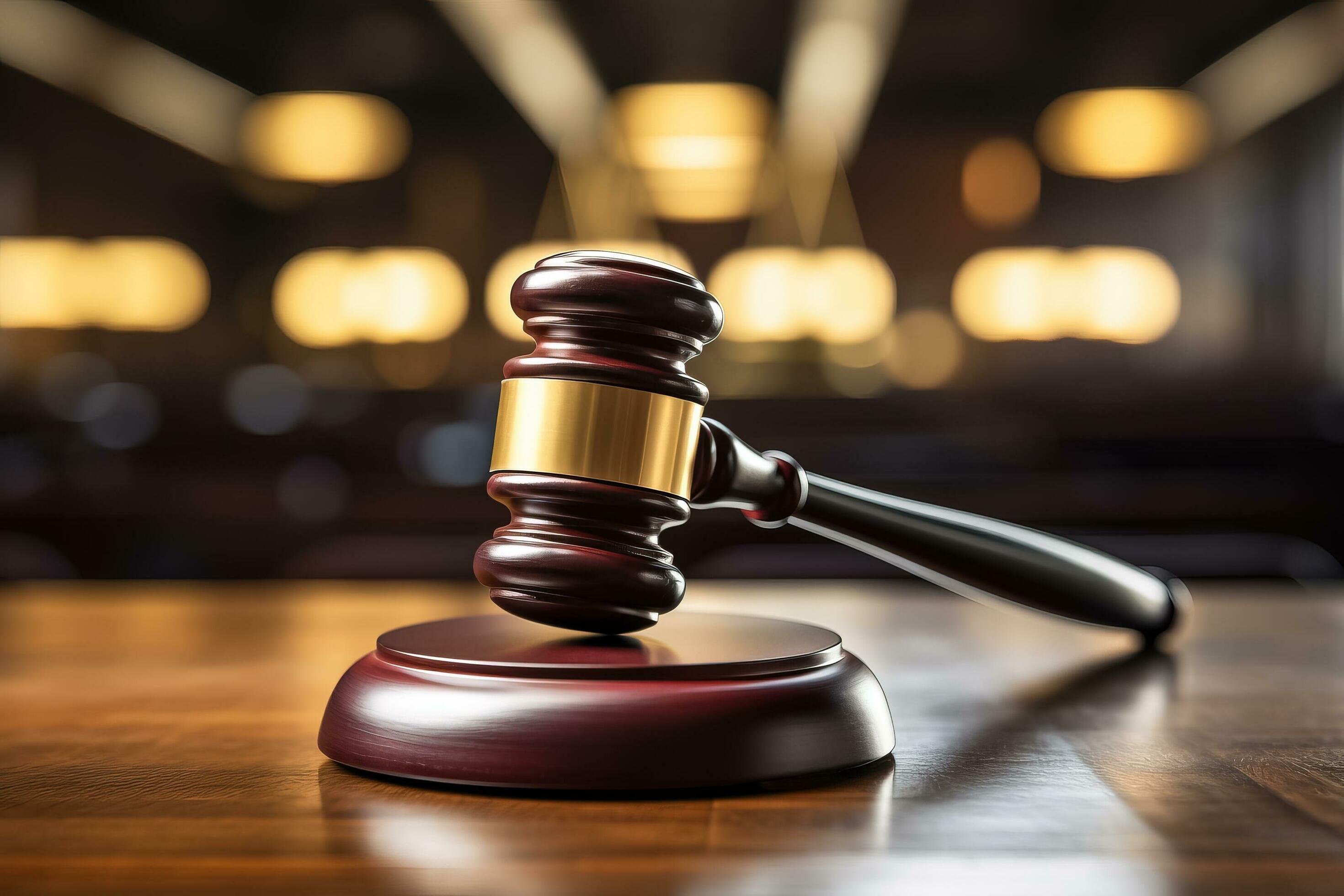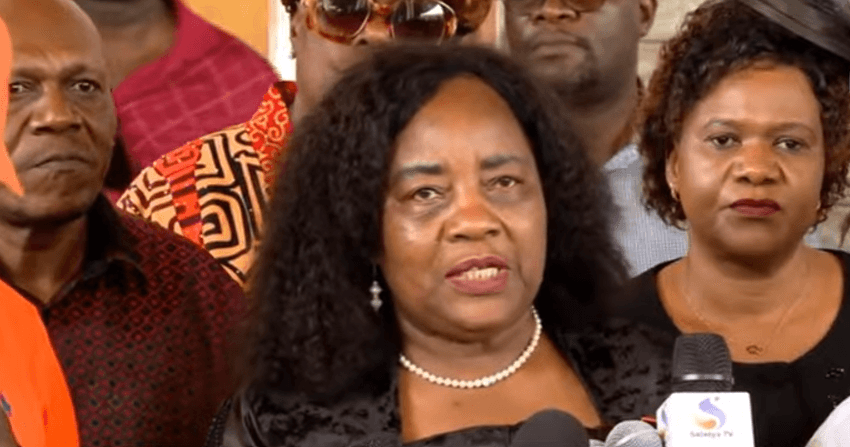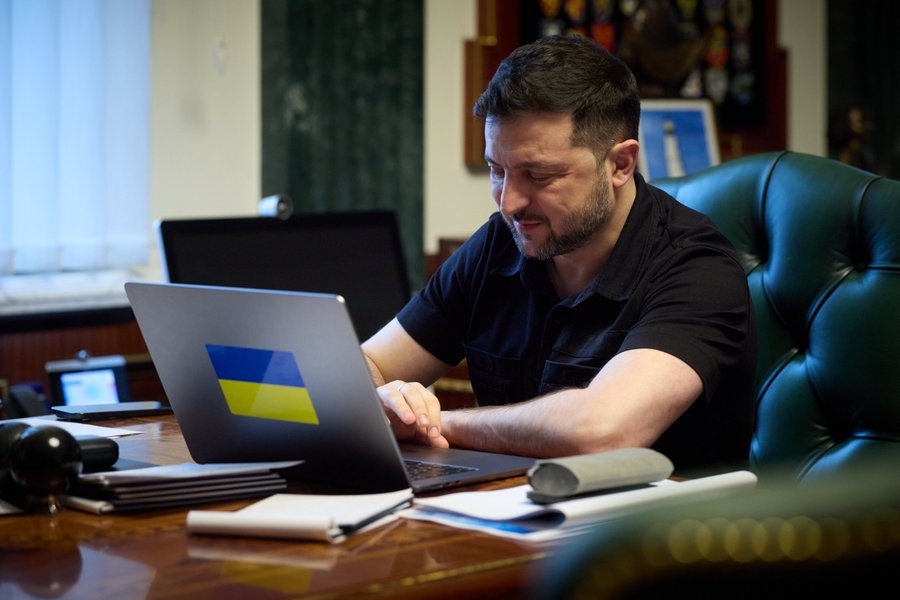![[PHOTOS] Ruto hosts Coast leaders at State House](/_next/image?url=https%3A%2F%2Fcdn.radioafrica.digital%2Fimage%2F2025%2F09%2F1025d034-6f27-4998-880b-7f3c4f51560d.png&w=3840&q=100)

The High Court has temporarily stopped Parliament from forwarding the Constitution Amendment Bill to President William Ruto for assent, saying the proposed changes raise weighty constitutional issues that must first be resolved.
In a virtual ruling delivered by Justice Lawrence Mugambi, the court issued conservatory orders barring any further steps on the Bill until a petition lodged by Katiba Institute is heard and determined.
The judge stressed that the court could not ignore the risks highlighted in the challenge, describing them as “serious constitutional questions” deserving full judicial examination.
Justice Lawrence Mugambi further directed that the petition filed by Katiba Institute be consolidated with related petitions challenging the same Bill, with the Katiba matter designated as the lead file.
He held that the doctrine of ripeness — which often requires courts to wait until a dispute fully matures — does not apply in this instance.
He affirmed the High Court’s jurisdiction to intervene at this stage to prevent a potentially problematic amendment process from advancing.
"Suspending what is reasonable serves the public better than proceeding with a doubtful process which could lead to problematic constitutional amendment, "Justice Lawrence Mugambi ruled, citing public interest.
He also directed that even if the Bill were assented to in the interim, it would not take effect until the petition is concluded.
Due to the gravity of the issues raised, the matter was referred to Chief Justice Martha Koome to constitute an even-numbered bench to hear and determine the petition.
The eventual panel is expected to influence the trajectory of the current push to amend the Constitution.
Katiba Institute, in its case, contends that the Bill is constitutionally superfluous.
It argues that the funds it seeks to entrench — the National Government Constituencies Fund, the Senate Oversight Fund, and the National Government Affirmative Action Fund — conflict with the Constitution’s principles of prudent and responsible public spending and render the planned public participation exercise unnecessary.
The petitioners further argue that some of the proposed changes would require approval through a referendum.
They contend that, in their view, no constitutional amendment that needs a referendum can lawfully proceed until Parliament enacts the referendum law envisaged by the Constitution.
The case will return to court once the Chief Justice names the bench.
















